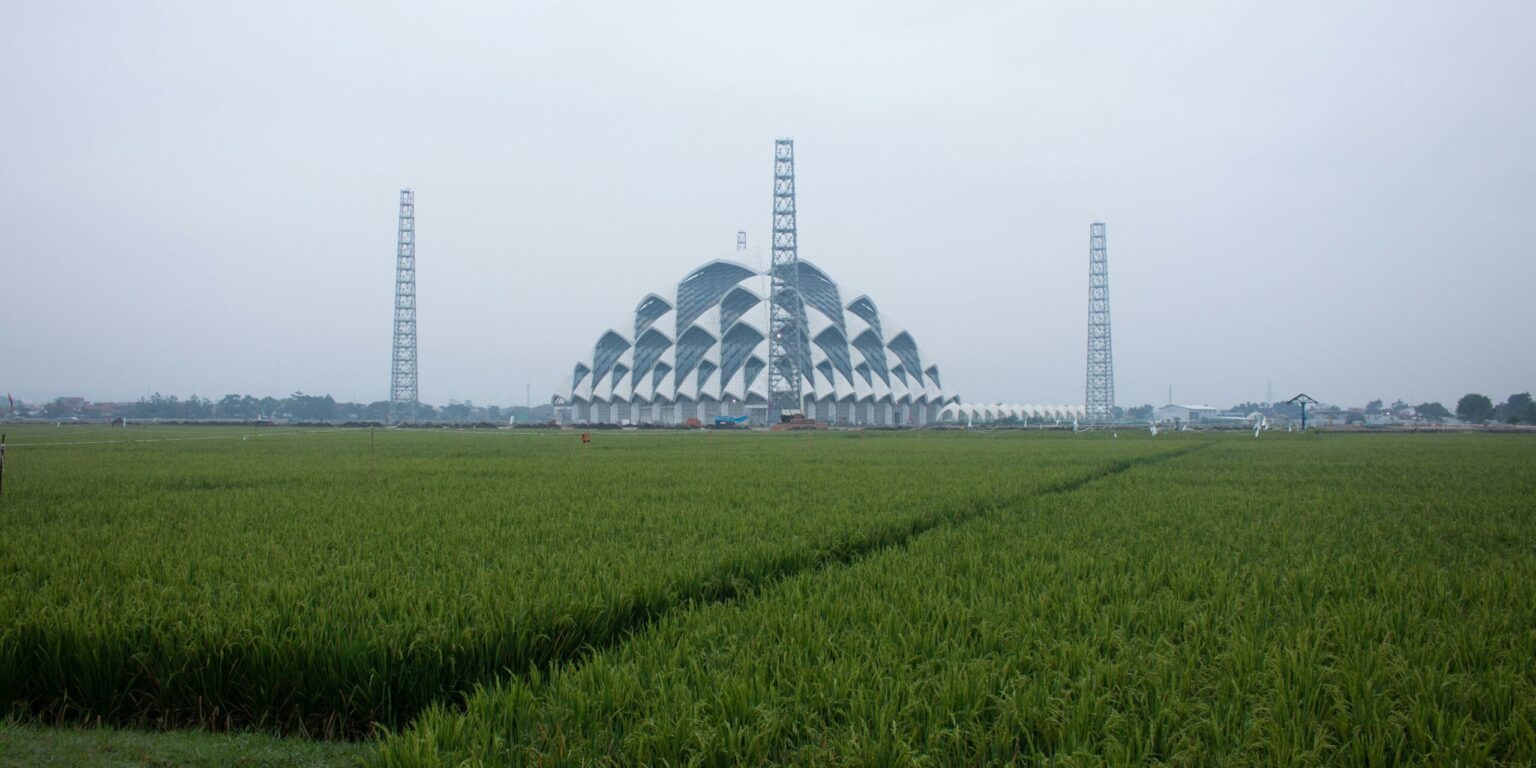As artificial intelligence and cloud computing demand skyrockets, U.S. states are offering lucrative tax incentives to attract data centers. However, concerns over environmental impact and infrastructure strain are prompting some lawmakers to reconsider these deals.
The launch of OpenAI’s ChatGPT in late 2022 has ignited a nationwide race to build data centers, essential for powering AI applications. States like Kansas, Kentucky, Michigan, and Pennsylvania have introduced or expanded financial incentives to lure these facilities, which require vast tracts of land and substantial power resources.
While proponents argue that data centers bring jobs and economic growth, critics highlight their limited long-term employment opportunities and significant consumption of electricity and water. In response, states such as Oregon, Georgia, Virginia, and Texas are advocating for stricter regulations to ensure data centers contribute fairly to infrastructure costs and mitigate environmental impacts.
The Economic Allure of Data Centers
Advocates for data center development emphasize the economic benefits these facilities can bring. In Michigan, for instance, lawmakers have approved tax breaks aimed at attracting data center investments, citing potential job creation and increased tax revenues.
“Data centers are the backbone of our digital economy,” said a spokesperson from the Michigan Economic Development Corporation. “They not only create construction jobs but also stimulate local economies through increased spending.”
Similarly, Kansas has approved new sales tax exemptions on goods to build and equip data centers, while Kentucky and Arkansas have expanded pre-existing exemptions to qualify more projects. These moves are part of a broader trend of states vying for high-tech infrastructure investments in the face of rapidly evolving digital demands.
Data centers also spur the development of related industries, including construction, electrical contracting, and cybersecurity services. Their presence can enhance a state’s technological reputation, attracting further investment and innovation.
Environmental and Infrastructure Concerns
Despite the economic incentives, the rapid expansion of data centers has raised environmental and infrastructure concerns. These facilities consume vast amounts of electricity and water, leading to potential strains on local resources.
In Oregon, lawmakers are advancing legislation to ensure data centers pay the cost of power plants and power lines necessary to serve them. Georgia is debating a similar bill, reflecting growing apprehension about the environmental footprint of these facilities.
Virginia, the most heavily developed data center zone in the U.S., has seen debates over the level of transparency required from developers. In Texas, lawmakers are grappling with how to protect the state’s electric grid, especially after significant outages in recent years.
Noise pollution, water consumption, and land use have also emerged as pressing concerns. Many data centers require extensive cooling systems, often powered by water-intensive technologies. In drought-prone regions, this can become a contentious issue.
The Debate Over Tax Incentives
The generous tax incentives offered to data centers are also under scrutiny. Critics argue that these subsidies can amount to billions in lost public revenue, often with minimal return in terms of job creation and local economic benefit.
A growing number of analysts and public policy groups are calling for more accountability and transparency. They argue that while big tech companies benefit from these incentives, local communities may bear the brunt of increased resource usage and reduced public funding.
In Texas, for example, projections for its data center sales tax exemption program have ballooned from $157 million in 2023 to over $1 billion by 2025. Such figures are prompting lawmakers to reassess the sustainability and equity of current policies.
“It’s a billion-dollar subsidy to the industry that is dominated by a few big tech companies,” said a policy analyst. “All politicians and corporations want to talk about are the benefits, while ignoring or downplaying the costs of development subsidies.”
Balancing Growth and Sustainability
As the demand for AI and cloud computing continues to grow, states face the challenge of balancing economic development with environmental sustainability. While data centers are essential for powering the digital economy, their impact on local resources and infrastructure cannot be ignored.
Lawmakers and communities are increasingly advocating for policies that ensure data centers contribute fairly to infrastructure costs and adhere to environmental standards. The debate underscores the need for a balanced approach that fosters technological advancement while safeguarding public resources.
Proposals include implementing usage-based fees for water and electricity, requiring environmental impact assessments before construction, and increasing transparency regarding data center operations.
Ultimately, the question for many states is not whether to welcome data centers, but how to do so responsibly. As artificial intelligence reshapes industries and consumer behavior, the infrastructure supporting it must evolve thoughtfully, ensuring long-term benefits for both the economy and the environment.
By Darren Shields, Senior Correspondent
